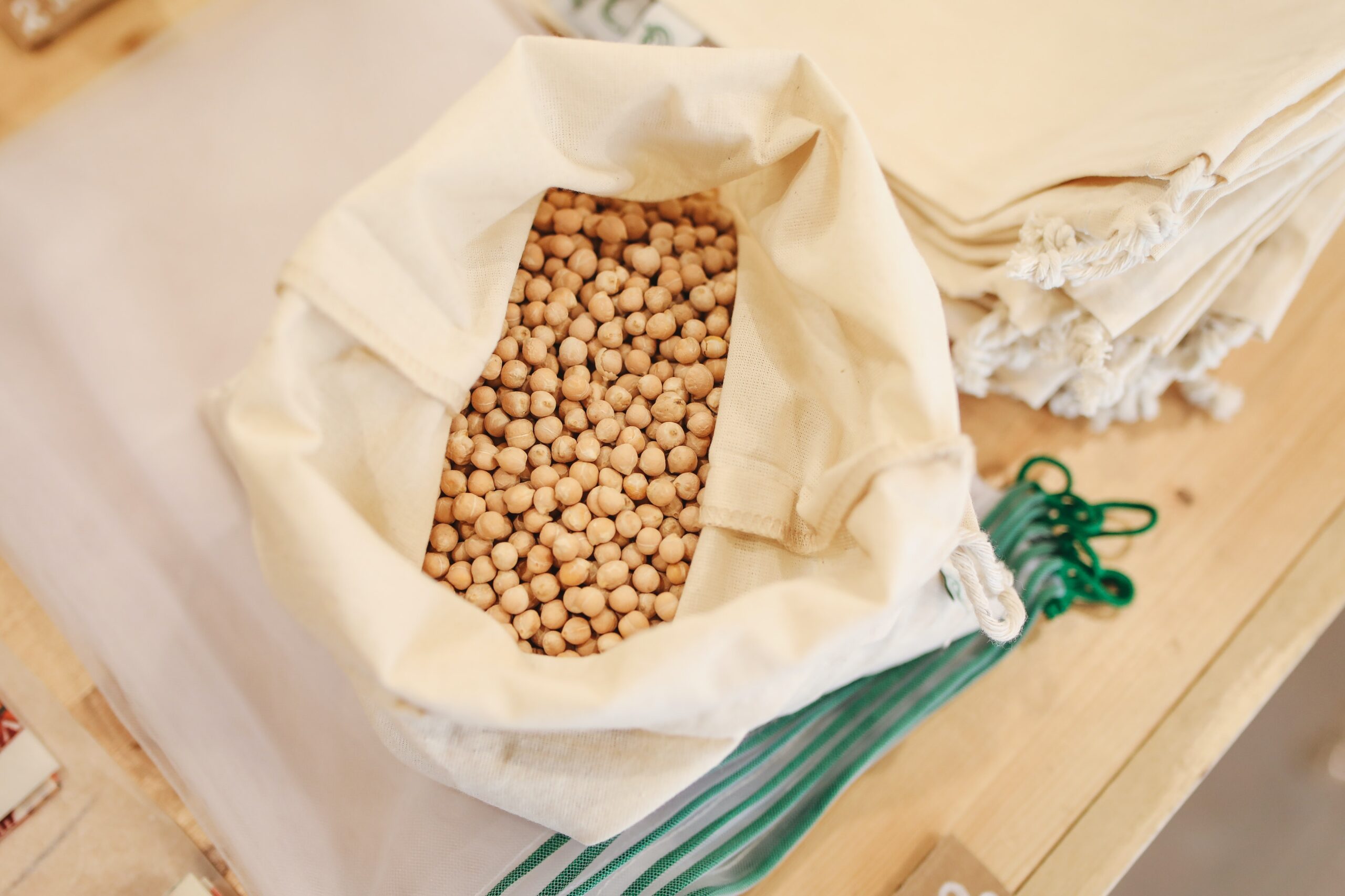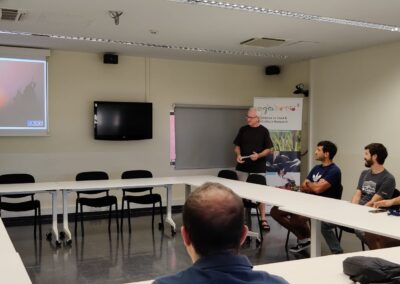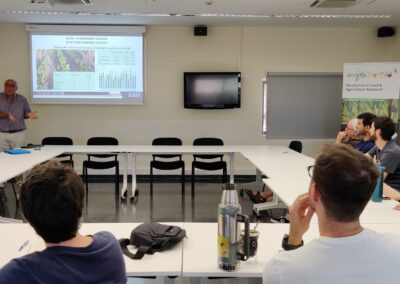On 4th July, Dr. Rodolfo Luis Rossi, an agricultural engineer from the University of Buenos Aires, gave the seminar Update and perspectives of the Argentine Soybean Chain and Soybean Breeding Status, organised by Agrotecnio and ETSEAFIV.
Rodolfo Luis Rossi is the author of numerous scientific and technical papers, creator of the first genetically modified soybean varieties in Mercosur countries and has bred more than 300 soybean varieties. He teaches breeding and agribusiness at several universities and is also an international consultant in research and strategy for China, the United States and Mercosur countries. He has received several awards for his research, including the World Award for Research Excellence (1985) and the #FoodHeroes Award (2020).
Soybeans, consumed globally, is the cheapest source of protein available. Since 1961, soy production in the world has tripled. Its uses are distributed between animal consumption (77%), human food (19.2%), industry (3.8%) and others, according to EU Monitor. Argentina, Professor Rossi’s home country, is the third largest producer in the world and the main exporter of soybean meal and oil. In fact, the agricultural sector accounts for 60% of Argentina’s exports. Of this percentage, soya accounts for half.
During his presentation, Rossi outlined the Argentinean soy value chain, which was established in 2004 and employs more than 350,000 people directly and indirectly. Currently, between 44 and 60 million tons of soybeans are produced in Argentina each year. Fifteen of the country’s 22 provinces are soybean producers.
When addressing the international trade in soya, Rossi outlined the difference between the market for grain, meal and oil. The latter two are Argentina’s main strength, while Brazil and the United States are the most prominent grain exporters. China imports 56.3% of the world’s soybeans. Vietnam, Indonesia and Malaysia are the largest importers of meal and India is the main buyer of soybean oil. In this global panorama, Spain plays a timid role, with Rossi highlighting the import of 2.87% of the global production of soya beans.
Other issues discussed during the seminar were, for example, the 2023 harvest (expected to be the worst of the century due to weather conditions), the governmental retentions faced by soybean production, the use of certified soybean seeds, the import requirements of the European Union or the main threats to soybean crops in Argentina.



